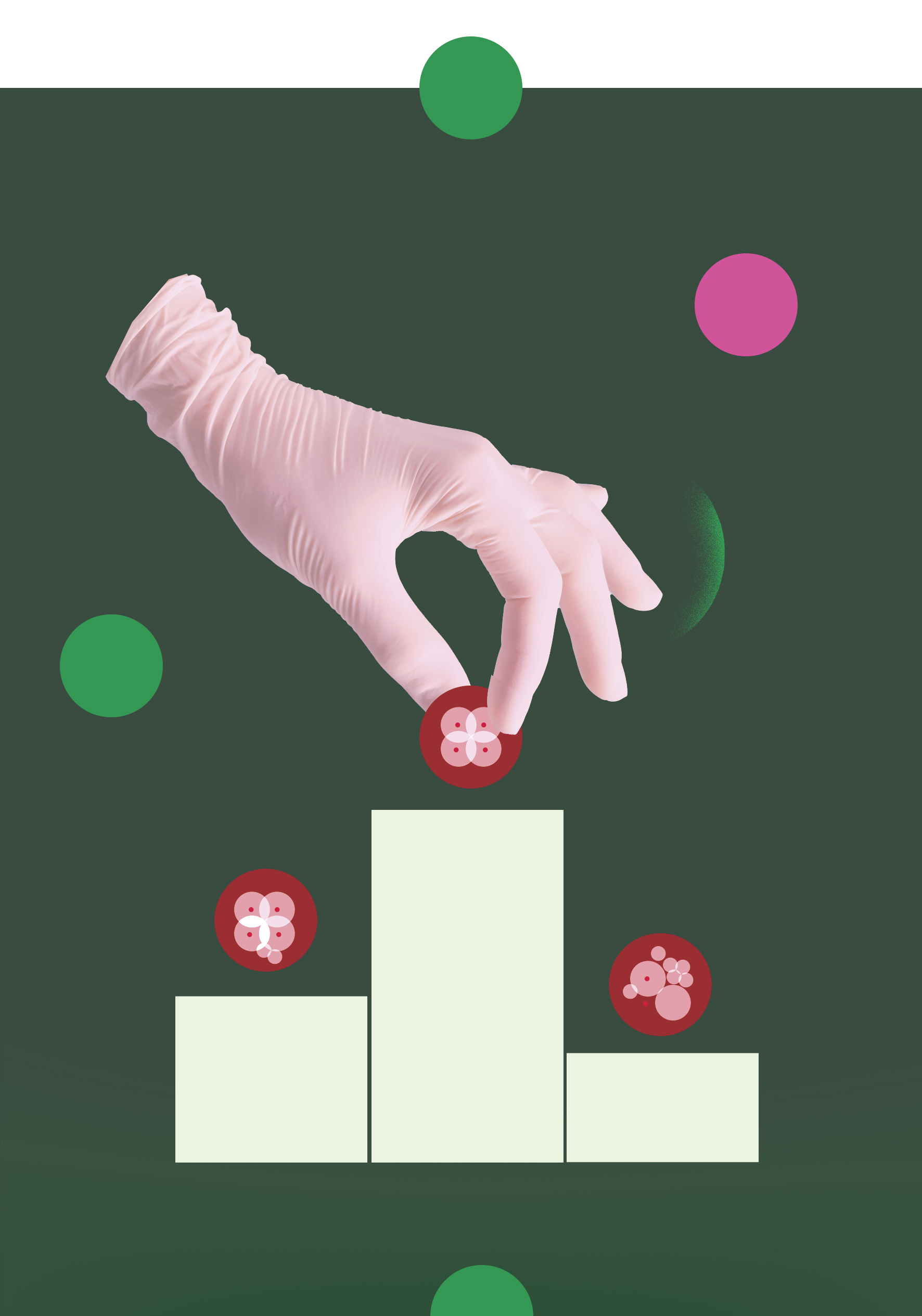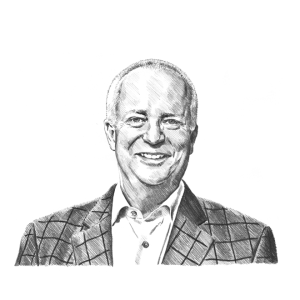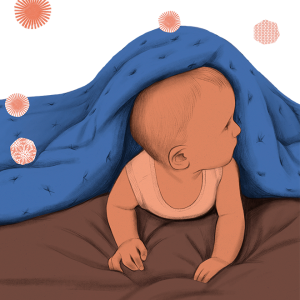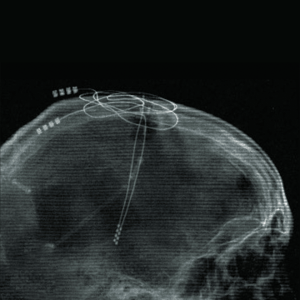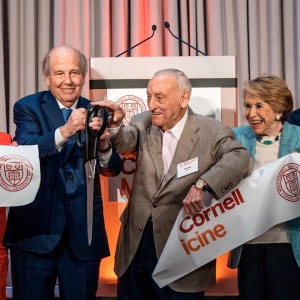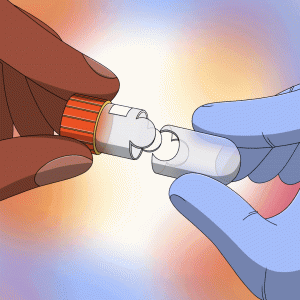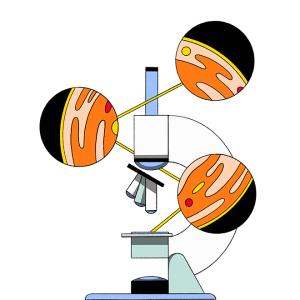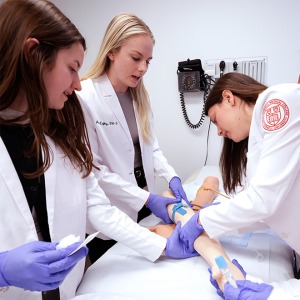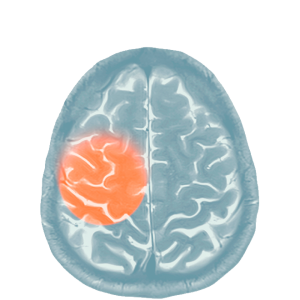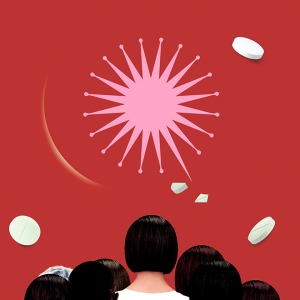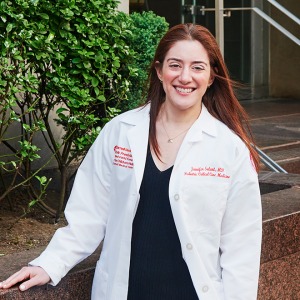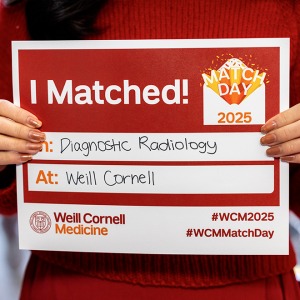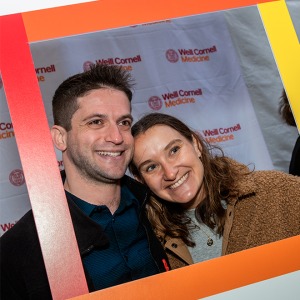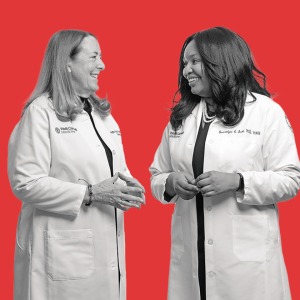Insights Into Ravages of COVID-19
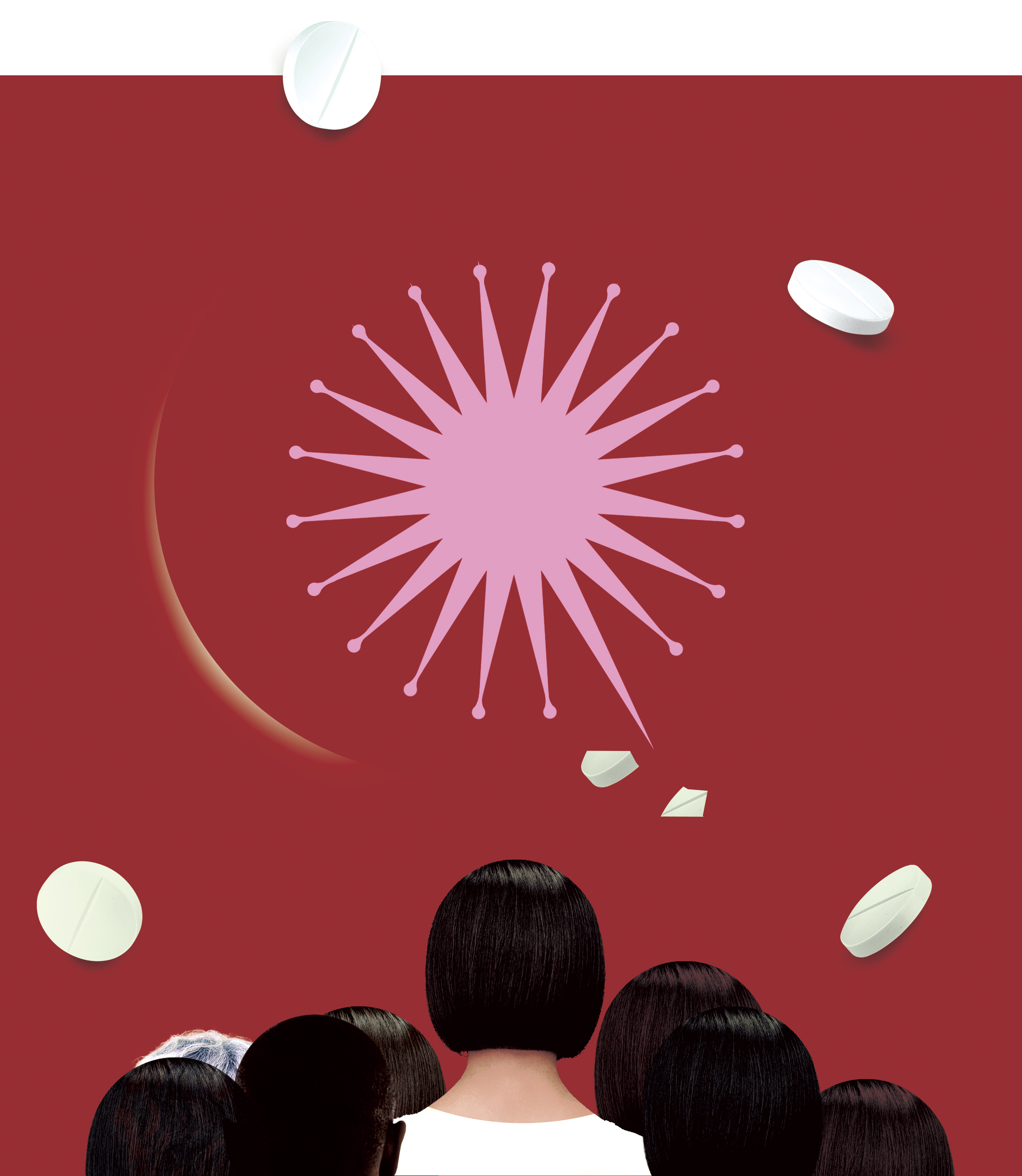
Individuals with compromised immunity and persistent COVID-19 infections can harbor drug-resistant variants of the SARS-CoV-2 virus, which have the potential to spread to the general population, according to a study by Weill Cornell Medicine, the College of Veterinary Medicine at Cornell University and the National Institute of Allergy and Infectious Diseases.
In the study, published in Nature Communications, researchers isolated drug-resistant strains of SARS-CoV-2 from people who had not cleared the virus after two to three months of infection and treatments with antiviral drugs. One variant showed resistance to the antivirals Paxlovid and remdesivir while another strain had mutations associated with a decreased sensitivity to remdesivir and a third antiviral drug, the monoclonal antibody sotrovimab.
“The risk in emerging mutations is the possibility of transmitting these new resistant variants to the general population with fewer viable treatment options available,” says the study’s co-senior author, Dr. Mirella Salvatore, an infectious disease physician who recently retired from Weill Cornell Medicine. “We have to come up with better treatments for immunocompromised patients and consider investigating combinations of therapies.”
In other COVID-19 research, researchers from Weill Cornell Medicine have used a cutting-edge model system to uncover the mechanism by which SARS-CoV-2 induces new cases of diabetes and worsens complications in people who already have it. The team found that viral exposure activates immune cells that in turn destroy beta (β) cells, the pancreatic cells that produce insulin. The study was published in Cell Stem Cell.
“When someone has severe COVID-19, of course the first priority is to treat the life-threatening symptoms,” says co-corresponding author Dr. Robert Schwartz, an associate professor of medicine. “But moving forward, there may be a way to develop clinical therapeutics that help avoid later injury to organs like the pancreas.”
